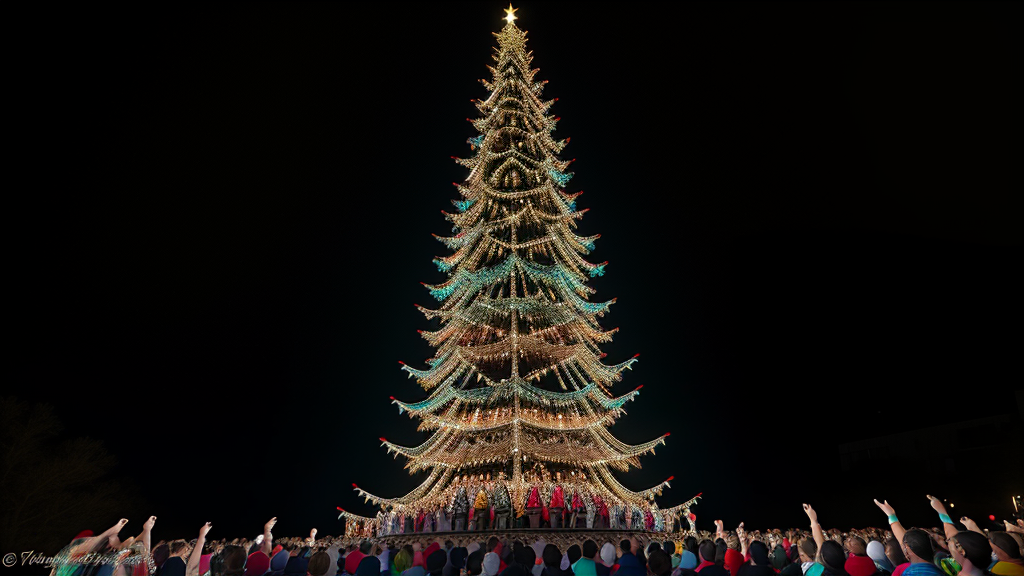Gender equality, a pending challenge
Gender equality is an issue that has become very relevant in recent years, both in the public and private spheres. The Feminist Movement has been the protagonist of many mobilizations and demands for gender equality, especially since 2018. This fact has had a great impact on the Spanish State and also on our Islands. Equality between men and women is not only an ethical issue, but also a necessary condition for building fairer societies. This principle of equality must be applied to all areas of life, including the world of culture and entertainment. For this reason, it is important to analyze how gender equality is respected when hiring shows by public administrations.
Palma City Council, an example of regression
Palma City Council, during the 2015-2019 legislative term, took gender equality into account when contracting the shows for the Festas de Sant Sebastià and other events. This measure was promoted by the Councilor for Citizen Participation and the General Director of Equality at that time, Eva Frade and Lucía Segura. The measure was well executed by the staff of the areas involved and well received by the public.
This year, Palma’s governing team has broken with this democratic criterion and on the poster for the capital’s patronal festivities there is only one woman among the 30 musical performances contracted. Recently, the current Councilor for Citizen Participation has stated that the artists have been chosen based on criteria of quality and not quantity. These words are offensive to hired groups. In order not to be accused of “ageism”, we will not make a joke about how old the artists on the patronal festival poster are, but young people could perfectly say one of their Ok Boomers to the government team and they would have every right. We only lacked El Consorcio in this poster. At least, it would have increased the number of women hired.
Women, the great protagonists of music
In recent years, women have contributed the most to the world of music. We don’t need to mention well-known singers who have revolutionized the musical scene such as Rosalia, Bad Gyal, Natalia Lacunza, Amaia, Ede and many others from the Spanish territory. We can make a wonderful list of great local names such as Júlia Colom, Maria Jaume, Majava, Mar Grimalt, Pitxorines, Maria Hein, Reïna or Joana Gomila among others, who do not sing ‘suffre mammon, devuvélveme a mi chica’, but who they have quality, and a lot of it!
Cultural events and festivals are essential platforms for artistic expression and cultural diversity. The City government team forgets and ignores that women, despite their outstanding contribution to the various artistic fields, face systematic obstacles that limit their presence in festivals and events funded by public administrations.
The need for equitable representation
In this context, the words of Cristina Rosenvinge, renowned singer and composer, last December in an interview with elDiario.es, take on special importance. Rosenvinge addressed the issue of gender inequality in music festivals, noting the need for equitable representation.
It is essential to clarify that gender equality does not only involve ensuring the presence of women on stage, but also providing fair working conditions and equal opportunities in all aspects of the entertainment industry. The Administrations must be an example of good practices in this matter as well.
Administrations not only have the ethical duty to promote equality, but also have the ability to significantly influence the shaping of culture and society. Gender diversity in programming is not only a matter of social justice, but also of artistic quality, indeed, and representativeness. The wealth of perspectives brought by artists of different genres enriches the cultural experience and allows a wider audience to identify with the variety of artistic expressions.
the conclusion
The programming of shows and cultural events by public administrations must be a true reflection of the diversity of society. Women make up half of the population, and therefore half of the Revetla audience. And now it turns out that we don’t know how to sing.

